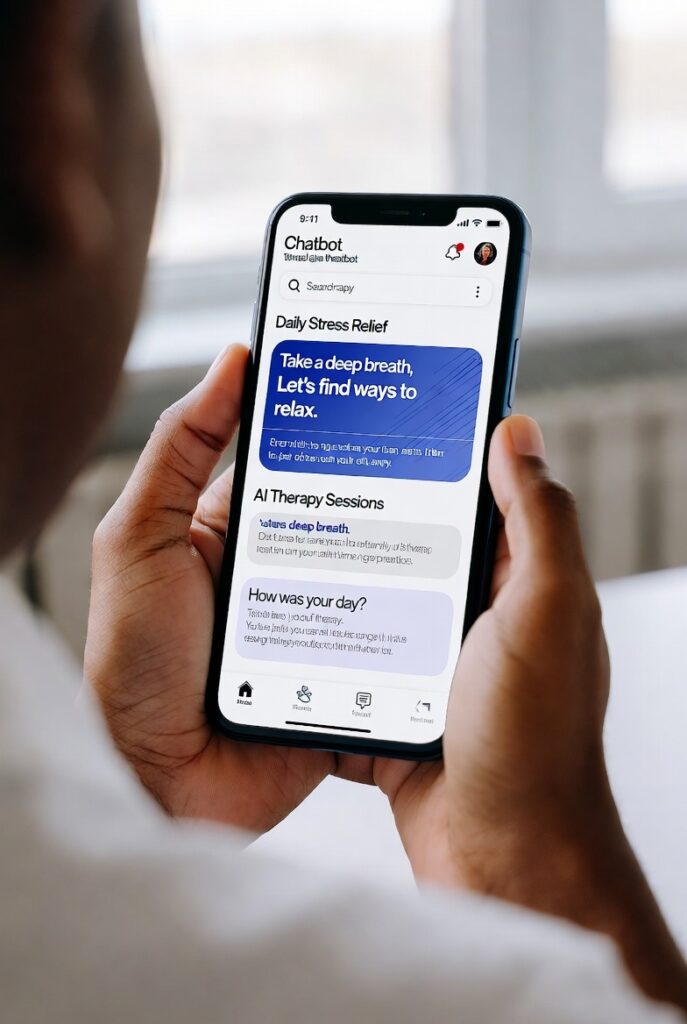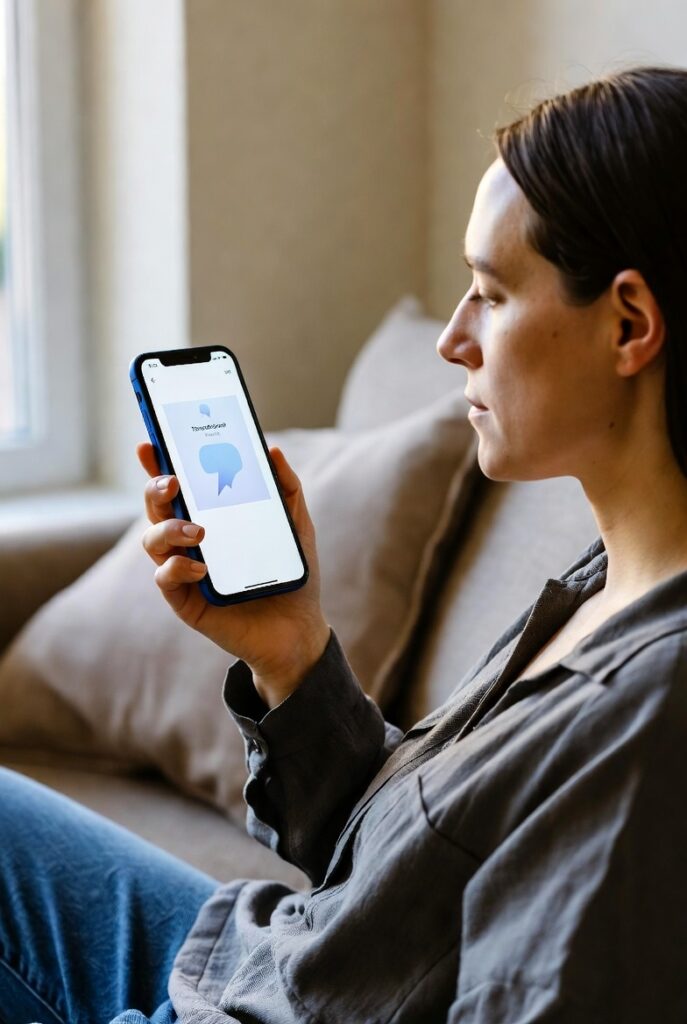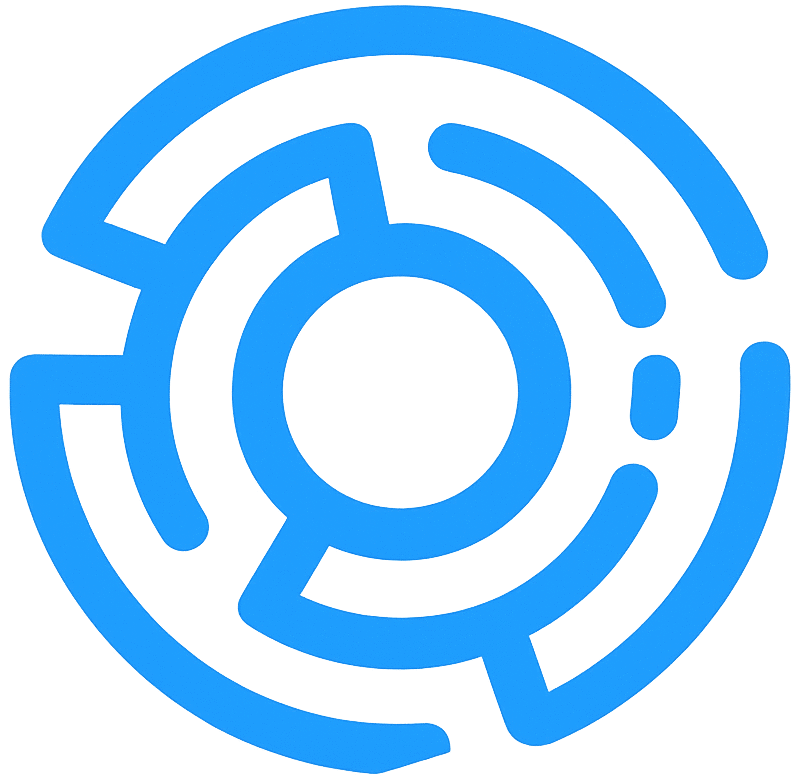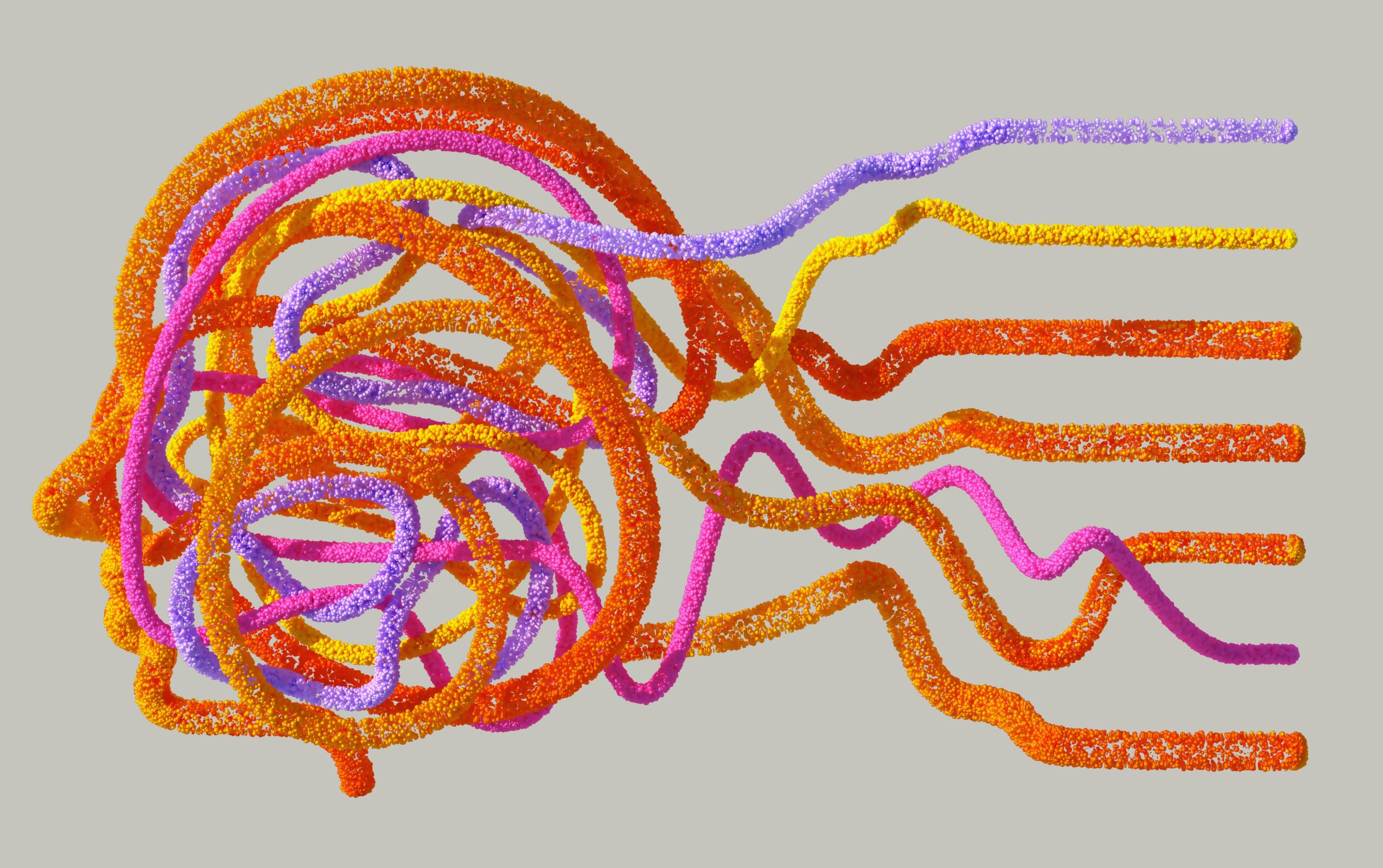I’ve been there, staring at my phone late at night, heart racing from a day’s worth of deadlines and worries, wondering if there’s a quick way to unwind without booking a pricey therapy session. Sound familiar? You’re not alone. In fact, with global stress levels skyrocketing, over 1 billion people dealt with anxiety or depression in 2024 alone, it’s no wonder AI is stepping in to help. Enter AI therapy chatbots, the game-changing tech that’s making mental health support as easy as texting a friend. Here at Zentechflow, where we blend “Tech for Zen Living” to help beginners like you find simple, effective ways to chill out, we’re all about these innovations. They’re not just buzzwords; they’re practical tools turning 2025 into the year of accessible wellbeing. Imagine getting personalized pep talks or stress-busting tips right when you need them. But here’s the thing: this trend isn’t pie-in-the-sky, it’s here, and it’s transforming how we handle everyday emotional ups and downs.
AI therapy chatbots are essentially smart apps powered by advanced algorithms that chat with you like a therapist, offering guidance on everything from anxiety to sleep troubles. Think of them as your pocket-sized mental health buddy, using natural language processing to understand your moods and respond with evidence-based techniques like cognitive behavioural therapy (CBT). For instance, apps like Wysa or Woebot have been around, but 2025 is seeing a surge in clinical-grade versions, such as Lyra Health’s new chatbot for mild stress and burnout. The benefits? They slash anxiety by providing 24/7 access without the wait times of traditional therapy, making stress reduction feel doable for busy folks. Picture this: You’re in a mid-afternoon slump at work, who hasn’t felt that foggy brain fog? and your chatbot notices your tense messages. It might guide you through a quick breathing exercise or reframe your negative thoughts, helping you bounce back faster. Real-world wins include users reporting up to 38% less anxiety after consistent chats, all while keeping things private and affordable. It’s empathy meets efficiency, perfect for AI wellness in 2025.
Want to dive in and boost your wellbeing with these mental health apps? It’s easier than you might think, even if you’re new to tech. Start small: Download a free app like Woebot or Youper from your app store, most have beginner-friendly interfaces that feel like messaging a pal. Step one, set up a daily check-in; tell it about your day, and let it suggest tailored self-care routines, like a five-minute meditation for stress relief. Next, track your progress, many use emotion-tracking to show how your mood improves over time, motivating you to stick with it. But don’t stop there; integrate it with your routine, say, during your commute or before bed, for personalized self-care that fits your life. If you’re feeling overwhelmed, use prompts like “I’m stressed about work, help?” to get instant tips. The key? Be consistent, but mix it with real-life habits, like a walk outside. Before you know it, you’ll feel more in control, turning those chaotic days into zen ones

Ready to level up? Why not learn AI therapy yourself and maybe even build your own tools? These Udemy courses are gold for beginners, packed with hands-on skills to create wellbeing tech. First up, “Build No-code AI Agents / Apps [AI Automation Course 2025]” (4.6 stars) dives into no-code platforms like MindStudio to craft AI agents for automation, think chatbots that handle stress queries or self-care reminders without writing a single line of code. You’ll learn core AI concepts, workflow integration with apps like Zapier, and real projects for sales or support bots adaptable to mental health. Perfect for newbies wanting quick wins in AI wellness 2025, build your first agent fast and automate your zen routine. Dive in and start crafting your own AI wellness sidekick — it’s easier than you think!
Next, “2026 Bootcamp: Understand and Build Professional AI Agents” (4.4 stars) guides you through creating professional-grade AI agents for tasks like emotional support or stress management. Learn to build bots with advanced NLP and integrate them into apps for personalized self-care, using platforms like Cursor AI. Ideal for beginners exploring learn AI therapy, this course offers practical projects to make your bots feel human and supportive. Enroll now and turn your ideas into wellbeing apps that make a difference!
Finally, “AI for Work Mastery, Introduction to AI Essentials” (4.5 stars) is your intro to AI fundamentals, boosting productivity with tools for data-driven decisions and task automation—tailor it to mental health apps like personalized therapy prompts. Learn essentials like AI basics, practical integrations, and role-playing for job scenarios, all beginner-friendly. Great for non-techies exploring personalized self-care tech; gain skills to make AI work for your wellbeing without overwhelm. Jump in today and master AI for a calmer, more efficient life!

It’s great having these tools at our fingertips, but remember to unplug sometimes. Over-reliance on AI might make us forget the warmth of human connections, so use them as a boost, not a crutch—keep chatting with friends or pros when needed. Ethically, privacy is key; choose apps with strong data protection to maintain your autonomy.
In the end, AI therapy chatbots are revolutionizing wellbeing tech, making stress reduction and mental health apps accessible for all. Why wait? Head to Udemy, grab these courses, and start your journey to a calmer 2025. Share this post if it sparked something, let’s spread the zen! Feeling motivated? You got this.

Affiliate Disclosure: This article may include affiliate links to products or services we recommend, such as those from Udemy, Hotmart, Amazon, or Todoist. If you make a purchase through these links, we may earn a small commission at no extra cost to you. These commissions help us keep ZenTechFlow.com running and continue providing valuable tips and reviews to support your journey toward technological wellness. Thank you for your support!

